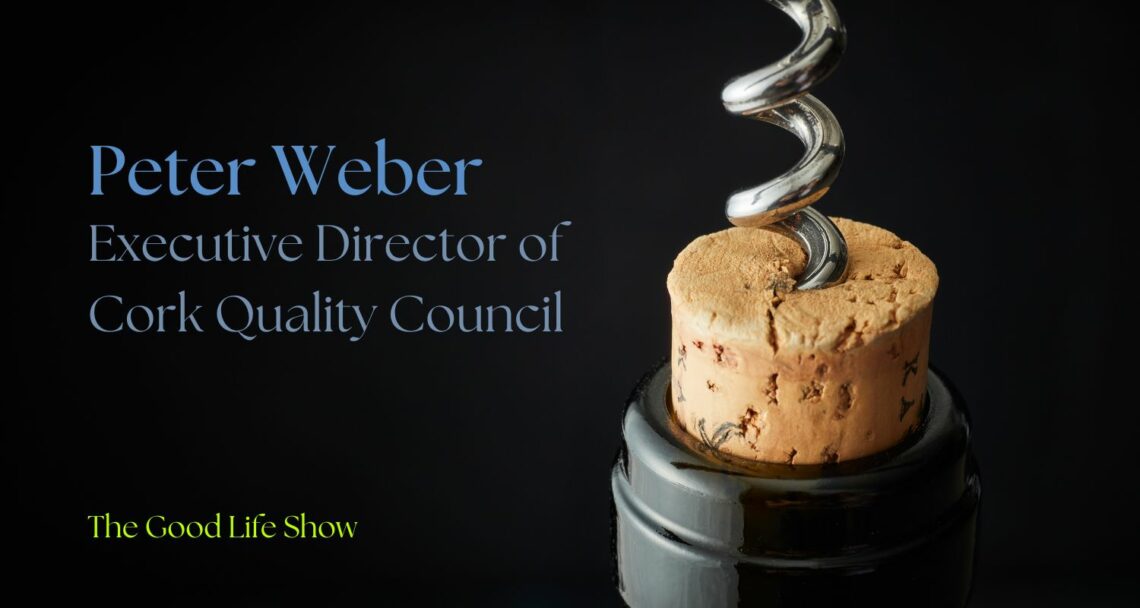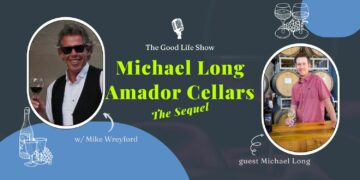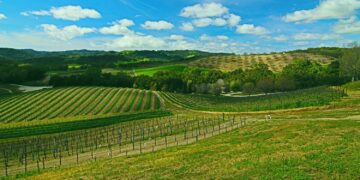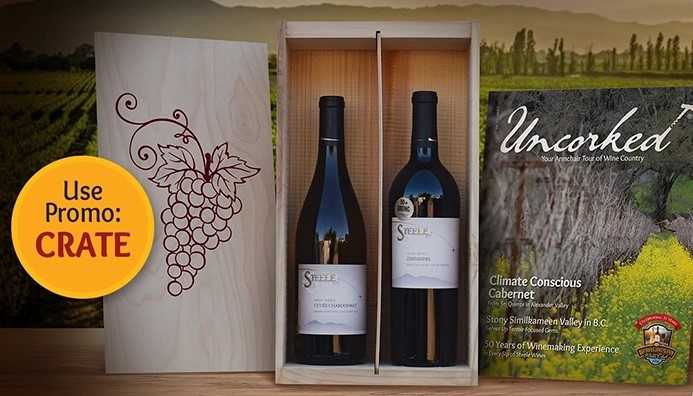100% sustainable, recyclable and renewable

Cork stoppers are the most famous product of the cork industry. It is the most produced and most exported. More than 12 billion bottles of wine are closed every year with cork, keeping all the qualities of this drink intact for centuries. The cork stopper has been the closure par excellence of wine for many years, chosen by more than 70% of producers. Cork’s relationship with wine began in ancient Egypt as a closure for amphorae.
According to Executive Director Peter Weber of the Cork Quality Council, consumers still need help understanding and appreciating the environmental and social benefits of natural cork over plastic stoppers and screwcaps.
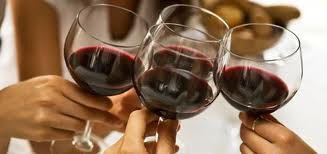
“The fact is that cork is a 100 percent renewable and sustainable natural resource, harvested every nine years without damaging the tree. It not only provides important CO2retention, a crucial tool to fight climate change, it also provides one of the world’s 36 most important biodiversity hotspots. In the era of climate change, education about natural cork’s environmental and social benefits is becoming more and more of a focus, and we still have work to do to fully engage the public on this topic,”
In addition to cork being seen as an indicator of wine quality by the majority of wine consumers, surveys showed that natural cork is the closure of choice for wine purchased at a restaurant, wine purchased as a gift, and wine purchased to bring to a dinner party.
Some of the reasons people stated for preferring cork were led by the idea that natural cork evokes an important sense of heritage, while the enjoyment of opening wine sealed with a cork, the “pop” and the “ritual” creating a unique distinctiveness at the moment of consumption were also cited.
Also importantly, wine lovers found cork to be conducive to wine aging, a marker to check the quality of the brand before purchasing, and an indicator of overall quality.



